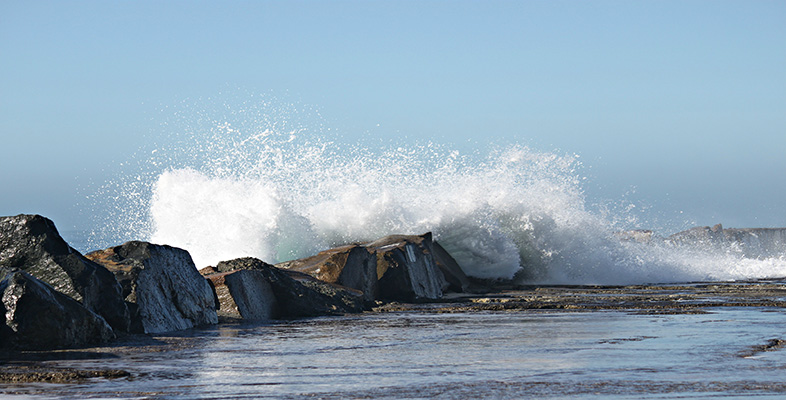4 Geography's educational power
4.1 Geography as a medium of education
Geography is what geographers do.
(Anon)
Aren't we all geographers now?
(Buttimer, 2004)
Define history. Now define geography
(Gritzner, 2004)
Charles Gritzner supplies us with one of those succinct – and useful – definitions that reminds us that geography is concerned with place, description and explanation of patterns. He interestingly adds the moral dimension – though we can imagine that the question ‘… why care?’ may attract the response ‘I don't!’
What is where, why there and why care?
(Gritzner, 2004)
Even so, it is a far more useful definition than the ‘cop out’ that ‘we do what we do’. This looseness invites the discipline to fray at the edges. There are possibly large numbers of professional academics who ‘don't care’ whether their designation is geography or one of the many sub-divisions that exist, from geomorphologist to demographer to risk expert!
However, it has to be conceded as Rice et al. (2003) candidly admit, that the discipline, if it exists, has an identity crisis.
Maybe it is time to identify – for school geography, a subset of the wider discipline – a small number of defining concepts. This is a worthy goal for subject associations such as the Geographical Association (GA) to work for because, without such a list (which has to be short to be useful), we stand no chance of satisfying a number of additional educational demands on the subject. For example:
-
In what way does understanding in geography develop through the school years?
Unless we know which concepts count as ‘geographical’, how can we begin to answer this question in other than generalities? It is worth recording that the English national curriculum level descriptions and GCSE grade criteria are of no help.
The GA offers a description as a starting point: click on 'view document' to read it.
View document [Tip: hold Ctrl and click a link to open it in a new tab. (Hide tip)]
The point to realise is that the ‘stuff’ of geography is expressed in terms of possibilities and aspirations to wider educational goals – the spiritual, the moral, the social and the cultural – as if to say, ‘the content alone is not enough’.
It is also significant to realise that perhaps four threshold concepts emerge from this list:
-
Environment
-
Interdependence
-
Place
-
Scale and Futures
Does this help identify what is special about school geography at a conceptual level? Do some critical thinking in Activity 4.
Activity 4
Click 'view document' to re-open the GA's 'Does geography matter?'.
-
Critically assess the ‘definition’ of school geography expressed in the GA's document.
-
What is missing (if anything)?
-
What are the strengths of the list?
-
-
Critically assess the list of ‘threshold’ concepts, derived from the definition and given.
-
Are these helpful in specifying school geography?
-
Do we know how understanding in relation to these concepts develops?
-
What form of research project may help shed light on pupils’ conceptual development through the school years?
-
